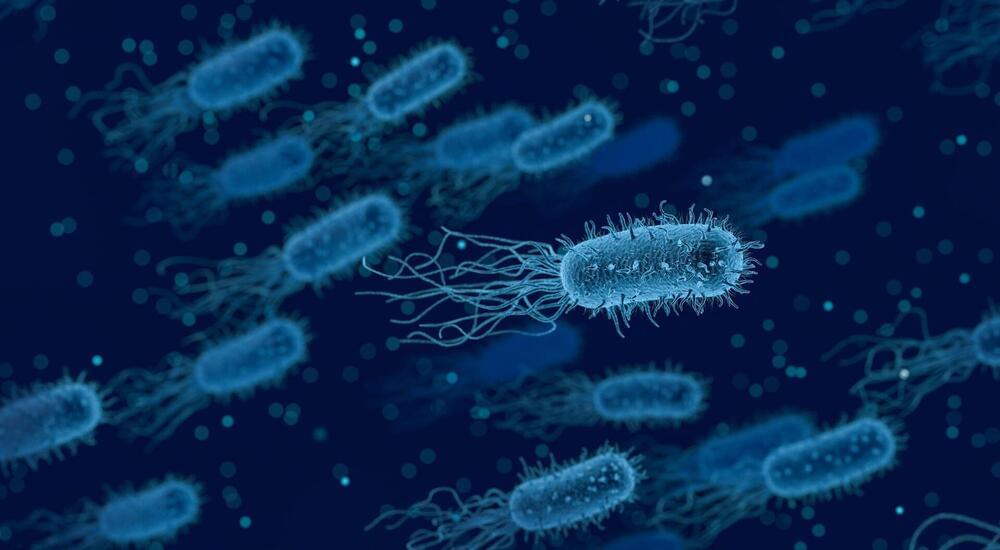The natural world possesses its own intrinsic electrical grid composed of a global web of tiny bacteria-generated nanowires in the soil and oceans that “breathe” by exhaling excess electrons.
In a new study, Yale University researchers discovered that light is a surprising ally in fostering this electronic activity within biofilm bacteria. Exposing bacteria-produced nanowires to light, they found, yielded an up to a 100-fold increase in electrical conductivity.
The findings were published Sept. 7 in the journal Nature Communications.









Comments are closed.